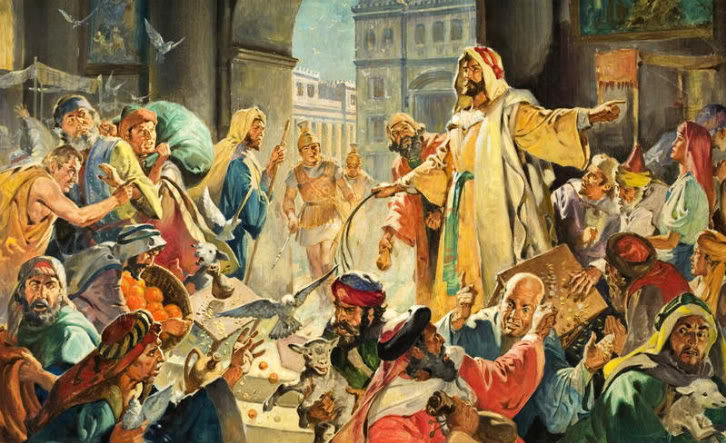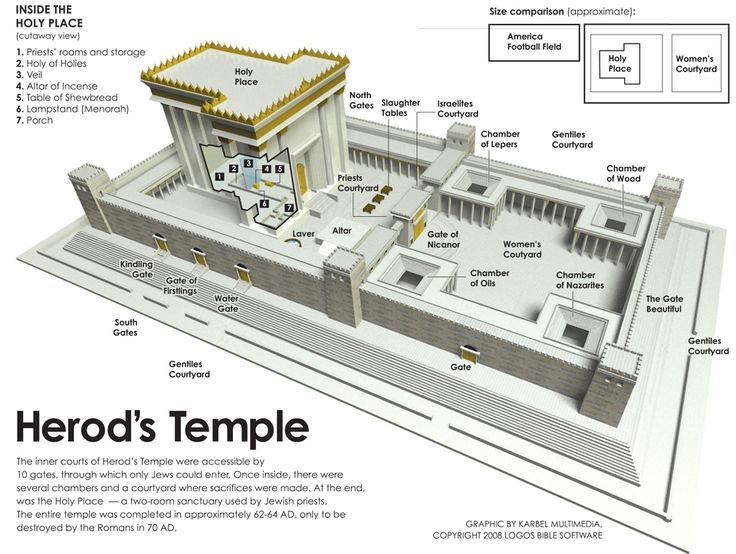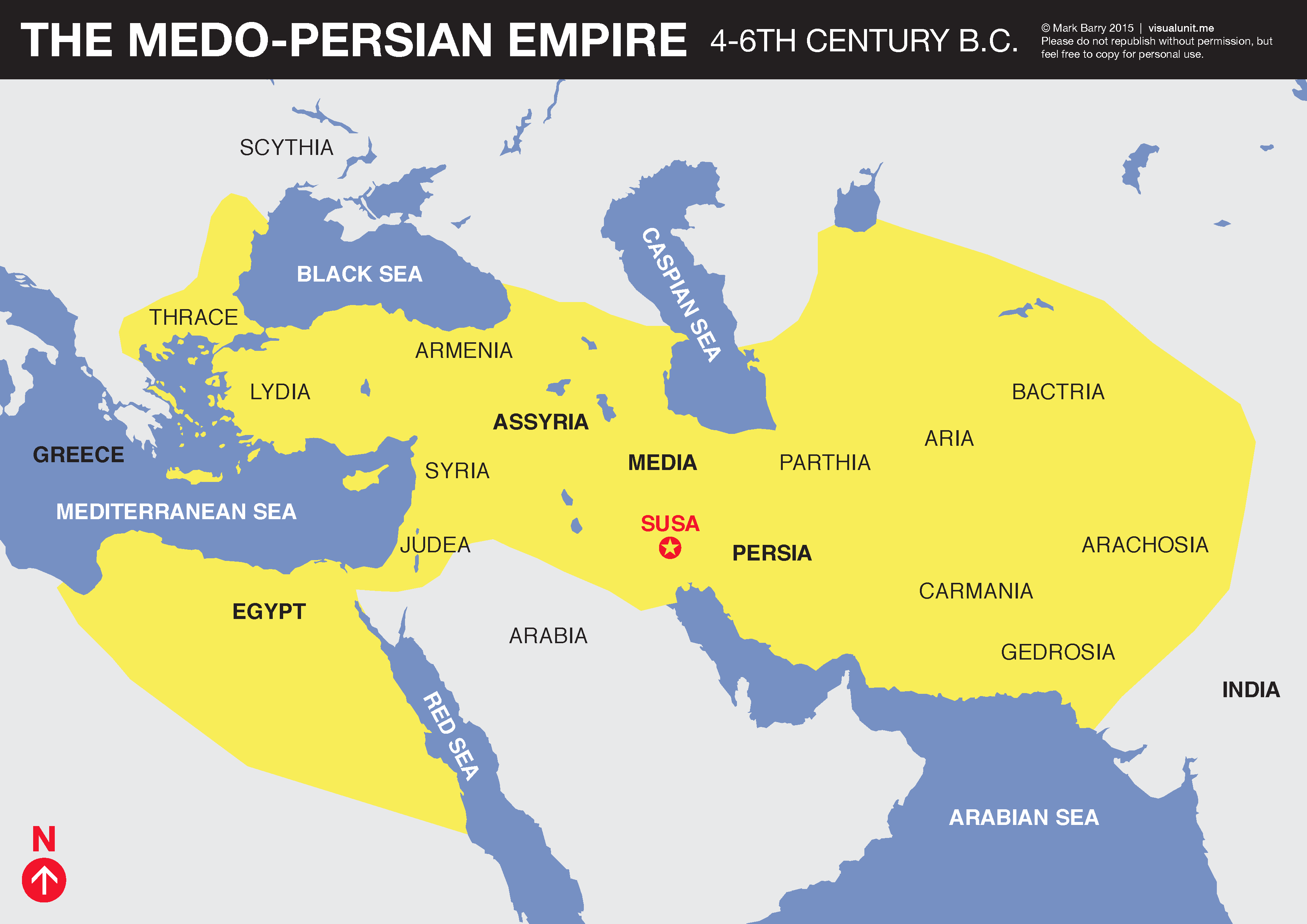On being a Gentile in a Jewish Temple
A House of Prayer for All Nations, or a Den of Thieves?

“Then they came to Jerusalem. And [Yeshua] entered the Temple and started to drive out those selling and buying in the Temple. He overturned the tables of the moneychangers and the seats of those selling doves, and He wouldn’t let anyone carry goods through the Temple. And He began to teach them, saying, “Is it not written, ‘My house shall be called a house of prayer for all the nations‘? But you have made it a ‘den of thieves‘. The ruling kohanim and Torah scholars heard this and began looking for a way to destroy Him; for they were afraid of Him, because the whole crowd was astonished at His teaching.” Mark 11:15-18
All four Gospels include this passage. And although John is less descriptive of this controversial act than Matthew, Mark and Luke, he does mention that Yeshua (Jesus) drove them out with a whip that he made himself. That tells us two very important things:
1) Yeshua was not guilty of rage, or of losing his temper. He had thought things through far enough in advance to make a whip just for this occasion.
2) He had some mad skills.
Those two ideas were not new to me. But in an effort to draw more out of Yeshua‘s teachings, I have taken the advice of Ray VanderLaan, and started paying close attention to the source of Yeshua‘s quotes. VanderLaan teaches that, when Yeshua quotes the Tanakh, his central message is often not so much in the actual words he says, as in the passage he is referring to. This is not to say that Yeshua being misleading or disingenuous–every word he says is true–but that there is deeper meaning available for those who familiarize themselves with the Bible of Yeshua’s day. And I believe this is the case with the Temple-clearing scene.
When he rebukes the Temple officials, Yeshua quotes Hebrew prophets in one sentence. “My house shall be called a house of prayer for all nations” (Hebrew: “Goyim” or “Gentiles”) comes from Isaiah chapter 56. The second part, about the den of robbers/thieves, comes from Jeremiah chapter 7.
OK, that was easy enough. All you have to do is check the footnotes to see that. But how about reading those two chapters? What are they really about?
One very intriguing thing about the Temple-clearing passage is the emphasis on Yeshua‘s teaching. You’d think, at a moment like this, everybody would be reacting to Yeshua’s behavior, not his words. But even in the midst of such outlandish deeds, the focus is on what Yeshua is saying. Mark’s gospel does not suggest that he is simply shouting his memory verses at the top of his lungs. Rather, it says he is teaching the people. Likewise, when the chief priests heard this, they wanted to kill him, not for causing a ruckus, but because the people were amazed at his teaching.
So what exactly was Yeshua teaching? That the Temple officials were getting a little carried away with the merchandising? That things were being run too much like a business and not enough like the house of God? Perhaps that people were getting ripped off and short-changed?
These things could all be fairly drawn from the text, and I don’t think they would be wrong. But look again before you set fire to your church bookstore or go “Office Space” on the soda machine. Because I believe that Yeshua’s heart on the matter actually lies in the message of Isaiah 56 and Jeremiah 7.
The Isaiah passage makes a beautiful promise to Israel’s outsiders—to those who fear that their lineage will exclude them from the kingdom of God. A special comfort goes out to the eunuchs, who have been so mutilated as to never be included among the circumcised. God is essentially telling the world, “No matter who you are, where you’re from, or what your past is like, if you bind yourself to me and keep my commands, I will hear your prayers and accept your sacrifices.”
That’s an incredible message. But before we can grasp it fully, it’s important to recognize that the Temple in Jerusalem had four courts: The outermost was the Court of the Gentiles, and going inward from there, the Court of Women, the Court of Men, and the Holy of Holies. It is obvious that God intended people from all nations to be welcome at the Temple (even if only in the outer court) to worship there and offer their sacrifices. But by Yeshua‘s day, the rulers of the Temple had allowed (or caused) the Court of the Gentiles to overflow with merchants and money changers. This made it impossible for non-Jews to worship there, and sent a very strong message that they were not welcome.

So Yeshua barges in and declares that the Temple was meant to be a house of prayer for all nations, not for one nation only! Israel had a sacred duty to welcome people of every stripe to God’s house, and they had failed.
Not only had they failed to provide hospitality to the nations, they had traded hospitality for iniquity. A place designed to radiate the grace of God was serving instead to highlight the greed of men. Thus the Jeremiah quote about the ‘den of robbers’.
And this is where we really come to understand that Yeshua is not merely venting about the misuse of a worship facility, but pronouncing doom on a nation who ignores God’s commands. Because in Jeremiah chapter 7 we can see very clearly God’s displeasure with those who would “oppress the alien,” among others (verse 7). God commands Jeremiah to stand at the gate of the Temple, and announce that God is giving his people one last chance to reject false gods and serve him only, to treat people with love and grace and hospitality, and he will continue to accept their offerings and allow them to live in the Promised Land.
But if they do not—and Yeshua was making it very clear that they had not—then God would no longer accept their sacrifices. In fact, God told them they might as well keep their sacrifices to themselves, because he was about to destroy the Temple and scatter them from their homeland.
When Yeshua referenced Jeremiah 7 (and when he said other things about the Temple, like “not one stone will be left on another“) , he was making it very plain that the leaders of Israel had their chance, and they blew it. No wonder the chief priests and Torah teachers were fuming.
But right there, in the midst of a proclamation of doom, Yeshua was making a promise of redemption. All the people were amazed at his teaching, because they were sick of being boxed out of the kingdom. What a thought, for Yeshua’s audience, that God would welcome everyone into his presence! What a thought, for you and I, that God is calling us to stop holding anyone at arm’s length, and start truly showing everyone the love of our Messiah! Over and over we see it: Yeshua talking with the Samaritan woman or the Roman general, Philip baptizing the Ethiopian eunuch, Peter seeing the vision of unclean foods, James inspiring us to honor the poor, or Paul dedicating his life’s ministry to the Gentiles. It’s a grand theme of Yeshua’s life—to subvert the natural order. To exalt the humble and humiliate the self-exalted.
Despite the grand message, you might have concluded that Yeshua didn’t go far enough in his purging. Yes, he fought to give back the Court of the Gentiles, but what about all the separation? Why should the Gentiles be considered inferior to Jews, and the women be denied privileges reserved for men?
During his life, you’d be right. Yeshua did stop short. But when he was crucified, all that he’d been saying came to an explosive climax. Because at that moment, the curtain in the temple, designed by God to keep virtually all people separated from his presence, was ripped in two from top to bottom. Now, not only are Gentiles welcome among the Jews, but each and every person who trusts in Jesus is granted access to the heart of God!
Paul said it best in Galatians 3:28. “There is neither Jew nor Greek, there is neither slave nor free, there is neither male nor female—for you are all one in Messiah Yeshua.”

